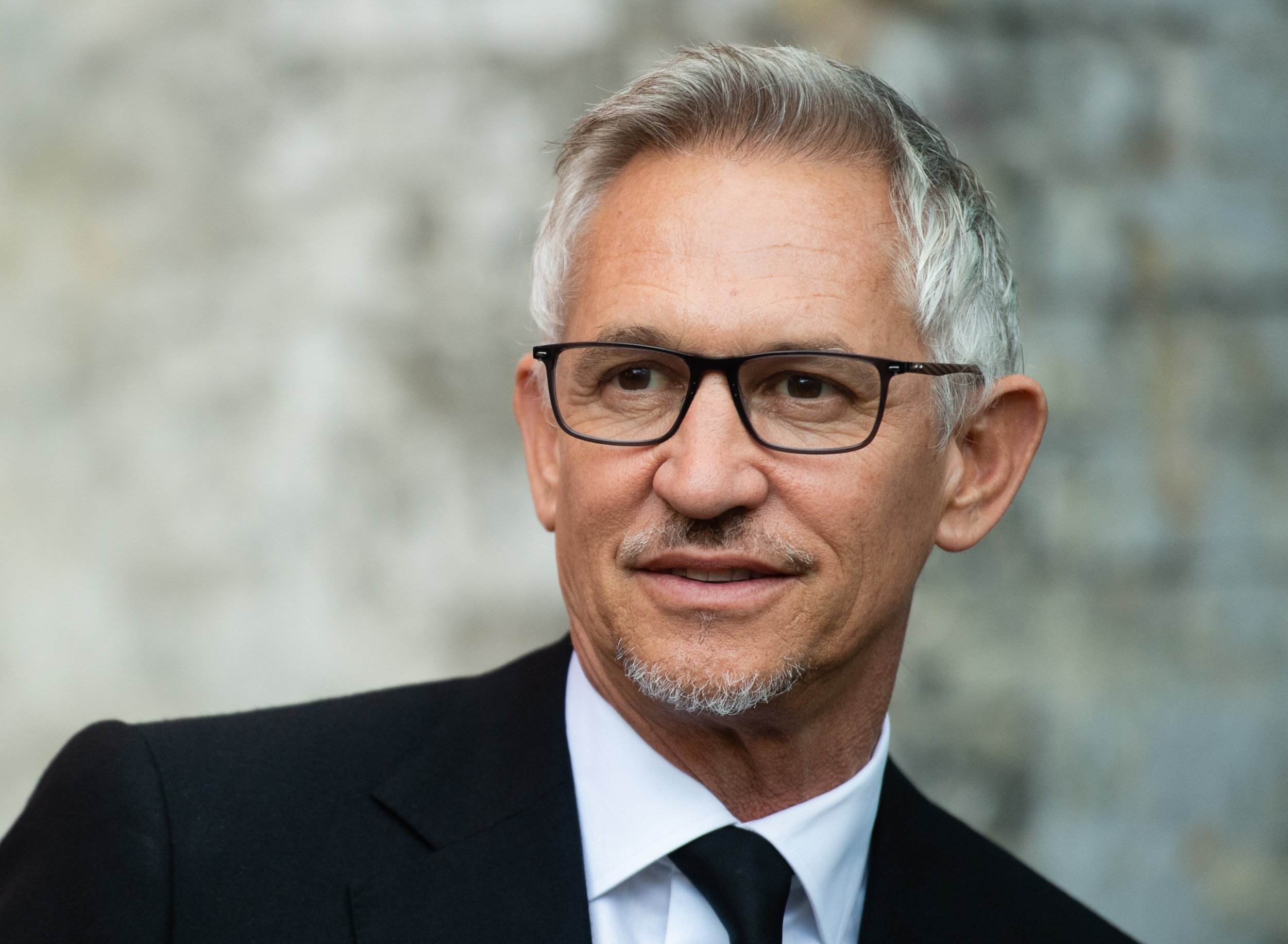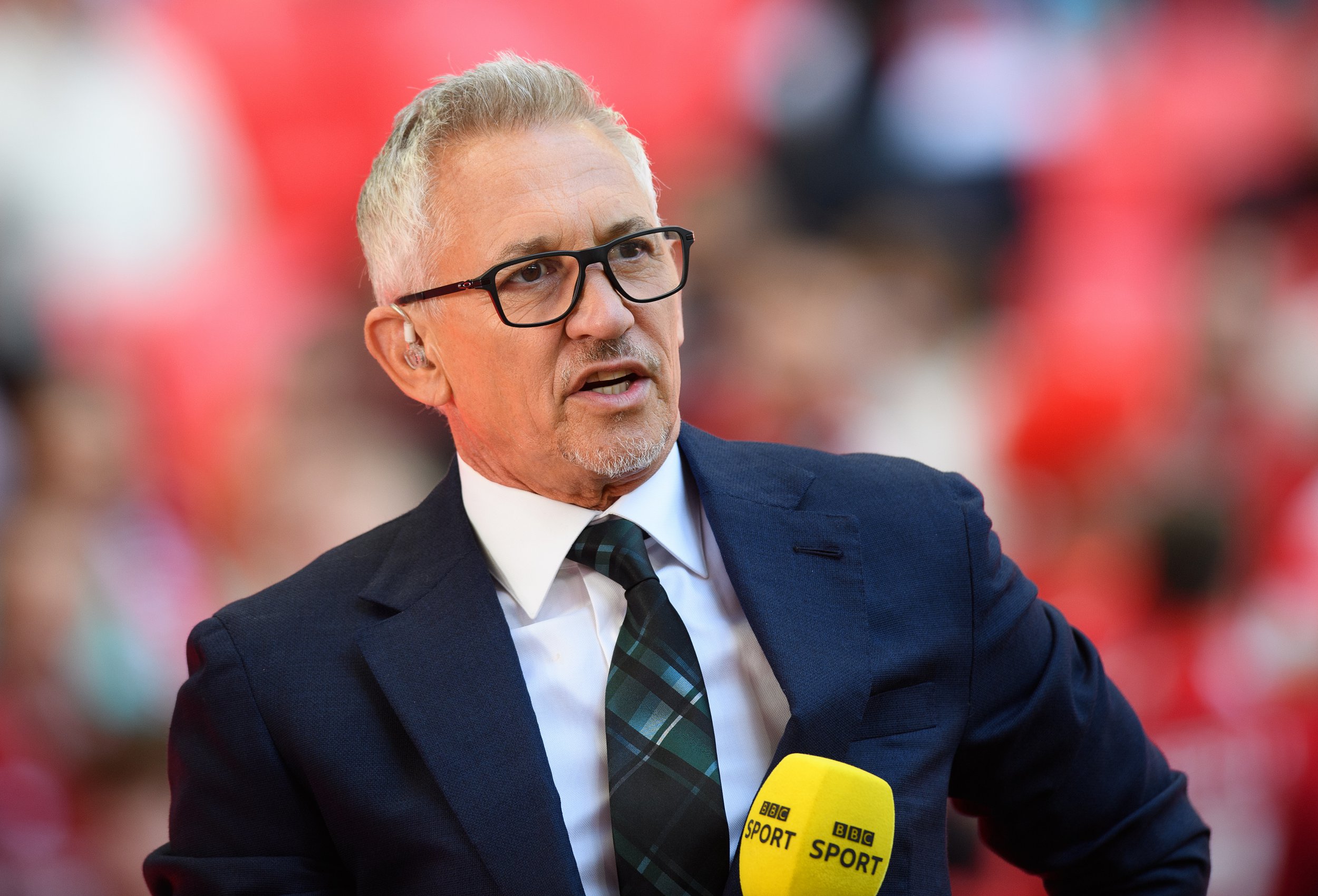
The BBC has confirmed that Gary Lineker broke its impartiality rules with a tweet about and the .
The Match Of The Day host, 61, had shared a tweet with his followers in February after the then-Foreign Secretary Liz Truss urging people to boycott the final in .
He had asked his followers at the time: ‘And her party will hand back their donations from Russian donors?’
Lineker’s tweet as Russia began its invasion of Ukraine, prior to Uefa announced that it was moving the Champions League final away from Saint Petersburg to Paris as a result.
His tweet was investigated by the BBC’s Executive Complaints Unit (ECU) which upheld a complaint and said the post ‘did not meet the BBC’s editorial standards on impartiality’.
It added that while Lineker is not required to uphold the same high standards of impartiality as the broadcaster’s journalists, he does have an ‘additional responsibility’ as he is considered ‘one of the BBC’s highest profile stars’.

The ruling added: ‘We expect these individuals to avoid taking sides on party political issues or political controversies and to take care when addressing public policy matters.’
Lineker,and the only name to earn over £1million annually, declined to comment on the ruling.
The sportsman was paid between £1,350,000 and £1,354,999 in 2021/2022 for work including Match Of The Day and Sports Personality Of The Year – a reduction of £10,000 on the previous year.
Lineker first topped the list for 2017/18 with a pay bracket of £1,750,000 to £1,759,999, and in 2020 it was announced he had taken a voluntary pay cut.
The former England striker had pointed out that his tweet was in response to an article about football, his area of expertise, and the board accepted it had been intended it as a comment on sport rather than politics.
While BBC Sport managers highlighted that Lineker’s tweet was posed as a question rather than a statement, the ECU concluded that the post was intended to highlight a ‘perceived inconsistency in the Conservative Party’s approach, at a time when relations between the UK and Russia were the subject of significant public debate’.




















